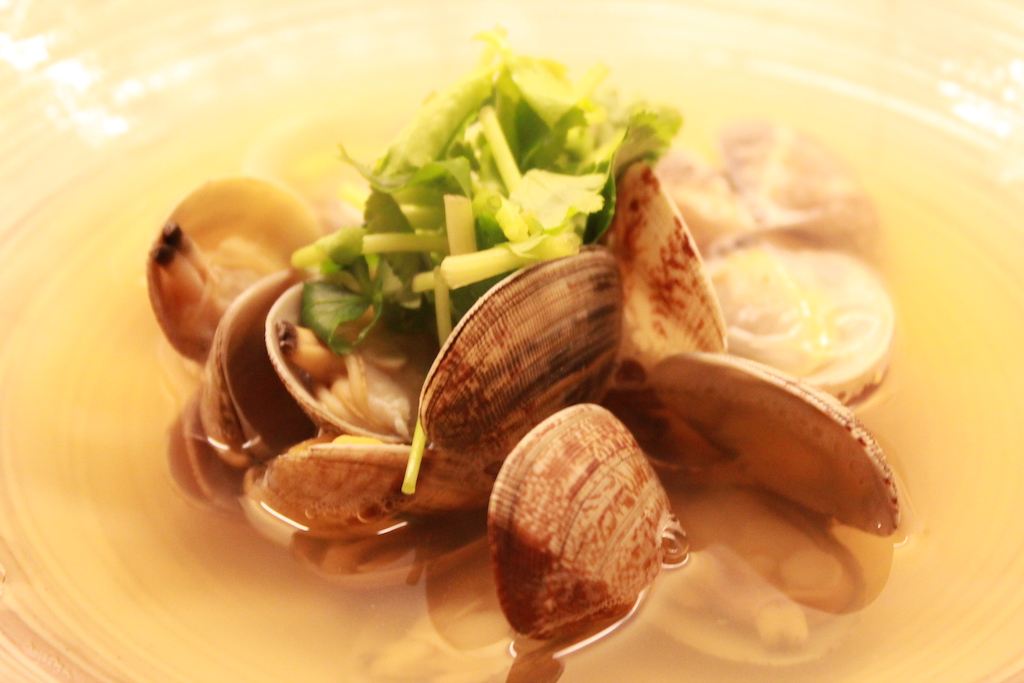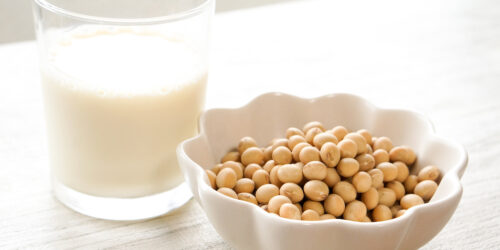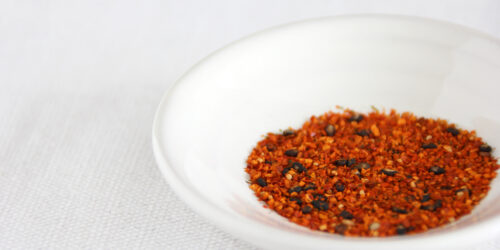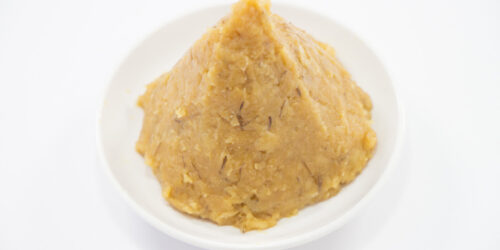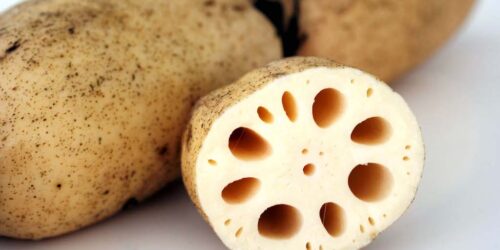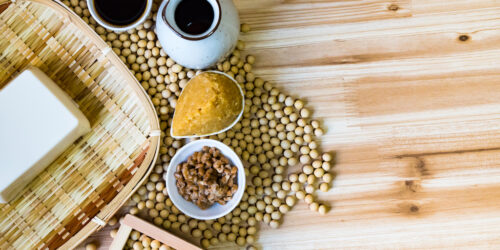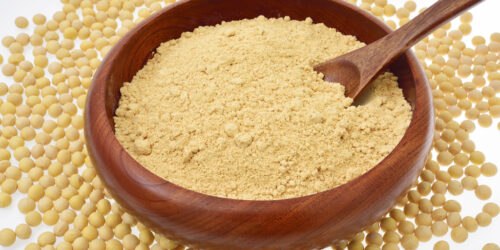Can I Use Shochu Instead of Cooking Sake?
What’s the Difference Between Shochu and Sake?
What’s the biggest difference?
The biggest difference between shochu and sake is how to make it. Sake is “brewed sake”, while shochu is “distilled liquor”.
“Brewed sake” refers to alcohol-fermented liquor made from grains and fruits with the power of yeast. Sake is actually made by alcoholic fermentation of sugar extracted from raw materials. For example, wine is made by alcoholic fermentation of sugar contained in grapes.
Japanese rice wine, sake is a bit unique. Since rice which is the raw material of sake doesn’t contain sugar, it proceeds with alcoholic fermentation after saccharifying starch.
On the other hand, shochu is “distilled liquor” that is made by “distilling” brewed liquor. “Distilling” refers to cooling the gas formed by evaporating the liquid, and returning it to liquid again.
High-purity liquid can be taken out by utilizing the difference in evaporation temperature. It means that alcohol contained in brewed liquor evaporates at lower temperature than water. So, the alcohol evaporates first before water, and shochu can get even higher alcohol purity after distilling.
Is there a difference in raw material?
Another difference between shochu and sake is raw material.
The main raw material of sake is rice, while shochu is often made from potatoes and grains. The most popular shochu in Japan are usually barley shochu and potato shochu.
By the way, when brewed liquor made from rice( which means “sake”) is distilled, it becomes rice shochu.
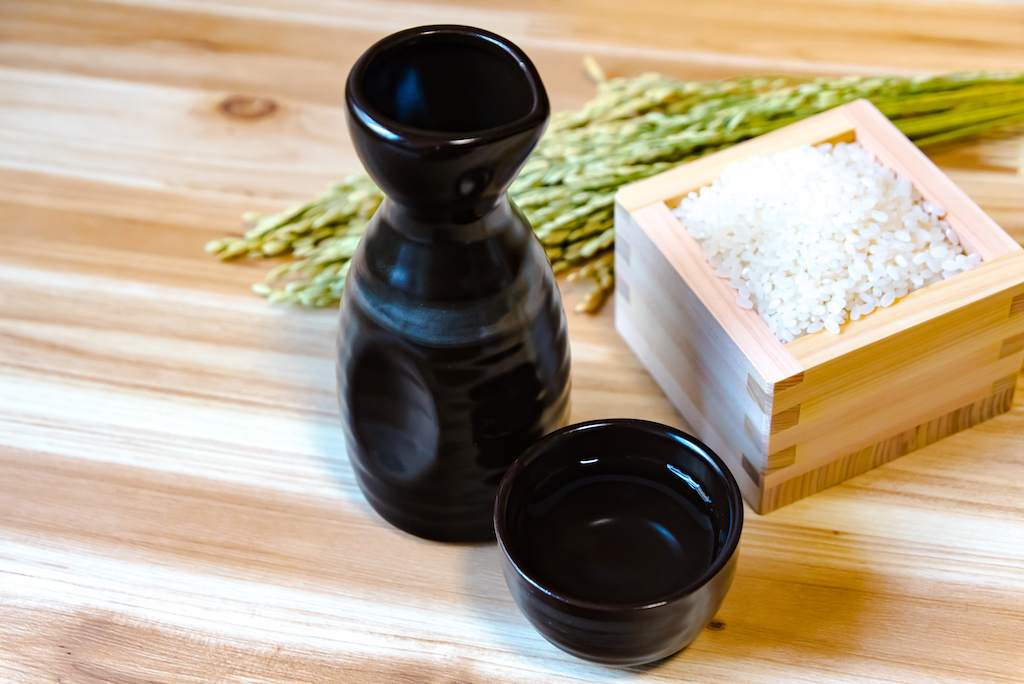
What Is Cooking Sake?
Generally liquor tax on cooking sake is exempt in Japan because a little salt is added and you can’t drink it as a regular sake. So, this undrinkable cooking sake is more reasonable than regular sake, which is helpful when you need a lot.
Some of them even contain sweeteners such as starch syrup and acidifier. Those additional seasoning makes the dish even more delicious.
Also, cooking sake plays a great role in cooking, for example, taking away the smell of ingredients such as meet and fish, soften the ingredients, and improving the penetration of taste.
Interested in learning more about Cooking Sake?
What Exactly Is Cooking Sake and Purpose of Cooking Sake
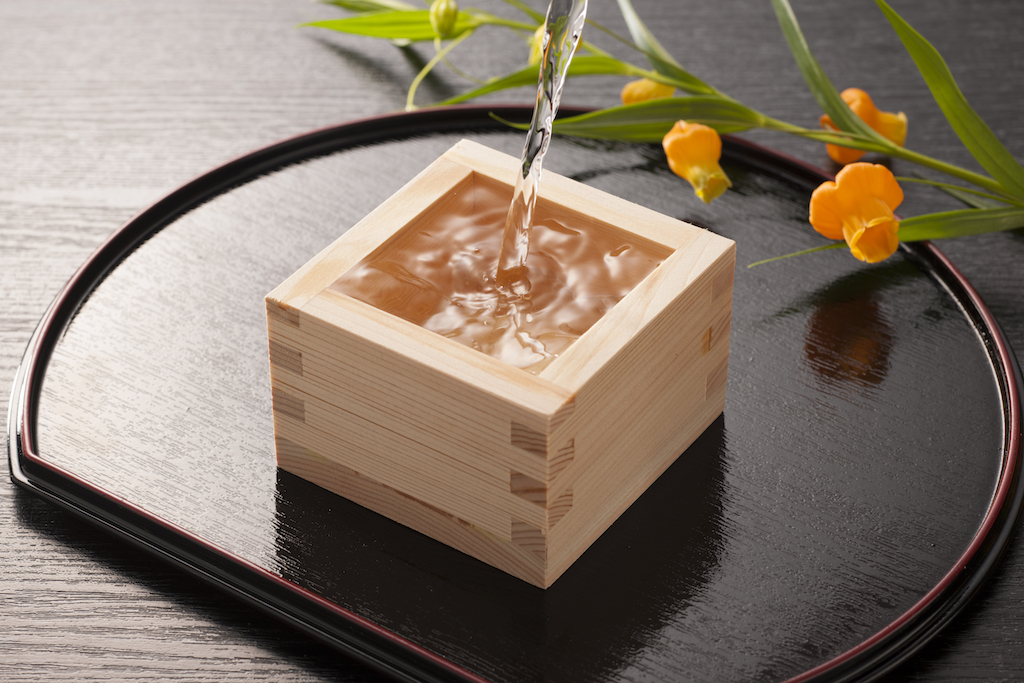
Can You Use Shochu Instead of Cooking Sake?
If you can’t find any cooking sake, is it okay to use shochu instead?
The answer is… Yes!
But, there are several things that you should be careful.
Shochu is a beverage with a higher alcohol content rather than sake, wine, and beer. Although it’s a great characteristic to take away the smell of ingredients such as meet and fish, it has very unique, strong flavor at the same time.
So, please don’t forget to put it into dishes little by little, otherwise it would ruin the whole taste of the dish. Also, you should add other seasonings well to suppress the smell of shochu.
By the way, unlike cooking sake, shochu doesn’t have effects of softening the ingredients and adding umami (delicious taste) and koku (richness).
Finally, I will tell you about the types of shochu: potato shochu especially has really unique flavor, so using barley shochu as cooking sake is better than that.
Interested in learning more about Cooking Sake Substitutes?
The 6 Best Cooking Sake Substitutes
